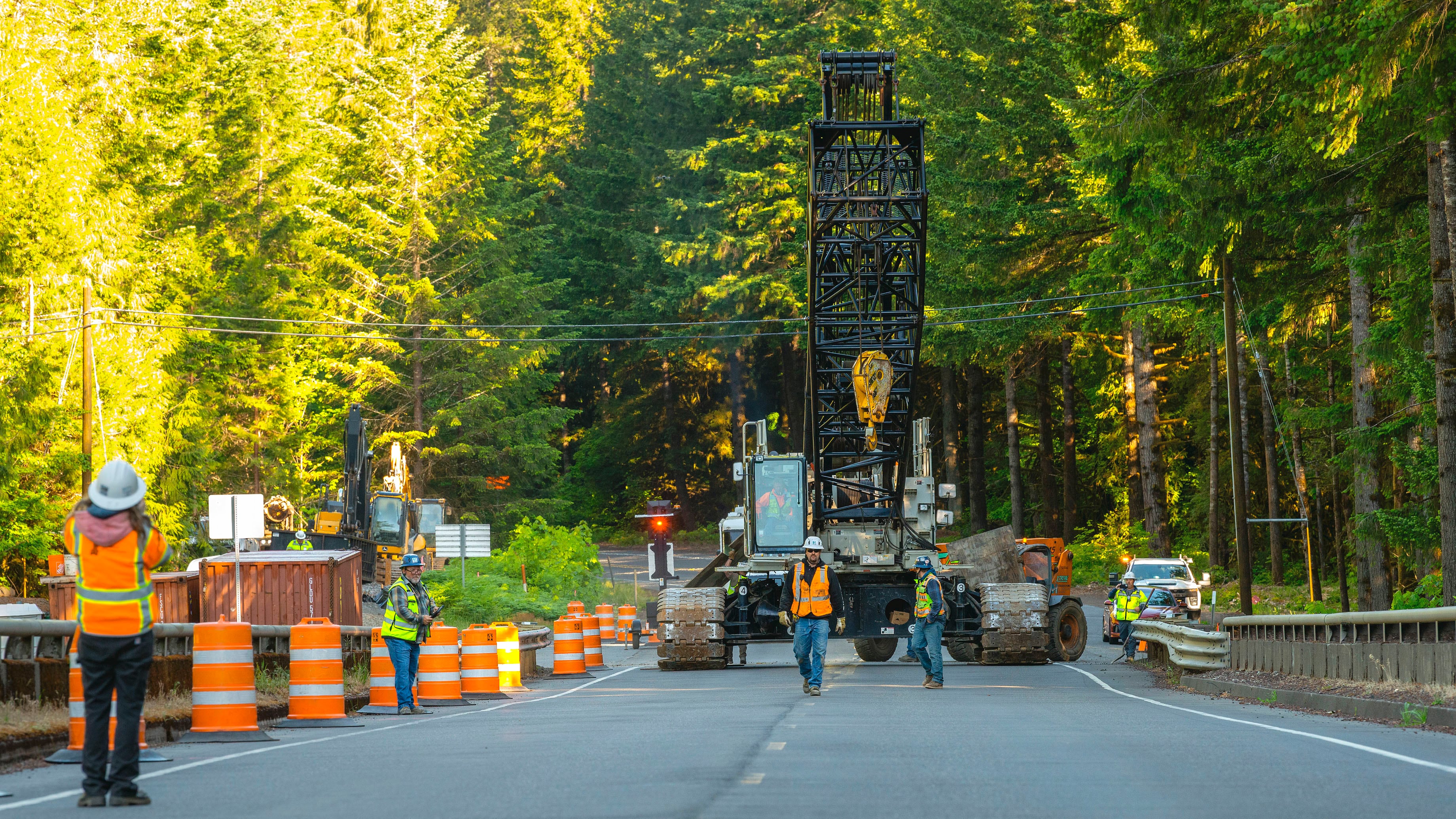This story was produced by the Oregon Journalism Project, a nonprofit newsroom covering the state.
As Gov. Tina Kotek works the phones in an effort to stave off hundreds of layoffs at the Oregon Department of Transportation July 31, the lists of proposed layoffs and elimination of unfilled vacancies show that the impact of the cuts will hit all across the state, as will the closure of a dozen maintenance stations.
Here is the list of layoffs by ODOT region and county.
Here are the vacant positions ODOT proposes to eliminate. Government agencies often budget for positions that have gone unfilled either because they have not yet found the right candidate or because there’s no money to fill the position, or in some cases, because the agency prefers to leave the position open and use the money for different purposes.
After the Legislature failed to pass House Bill 2025, a transportation funding package, last month, Kotek, whose last-minute attempts to promote a deal fell short, warned darkly of the consequences of inaction.
“These layoffs constitute an emergency in Oregon’s transportation system that will hurt every part of Oregon,” the governor said July 7. “I have not and will not stop fighting for Oregonians who rely on us to keep our roads safe and people and products moving.”
Speaking on background, some lawmakers say the governor is working on a plan for a special session before Labor Day that would potentially be built around a six-cent gas tax hike, coupled with as-yet unspecified registration or other fee increases. The goal would be to save the ODOT jobs and provide some funding to the cities and counties who collectively get 50% of the gas tax revenue and who were left out of the final version of House Bill 2025—and opposed it for that reason. (Clarification: That version, House Bill 3402, would have raised the gas tax three cents, with all proceeds going to ODOT. It died without a vote.)
Some Republicans proposed cuts to the ODOT budget during the session, so they have little motivation to join a special session. (And some are quietly exploring whether the terms of Measure 113, the 2022 constitutional amendment that prohibits more than 10 unexcused absences, would apply to a special session.)
Any new tax increase Kotek might propose requires a three-fifths supermajority in both chambers, which is exactly the number of Democratic members. Whether all Democrats would be willing to vote for a compromise package is unclear.
Chas Hundley, editor of Gales Creek Journal, contributed to this story.

